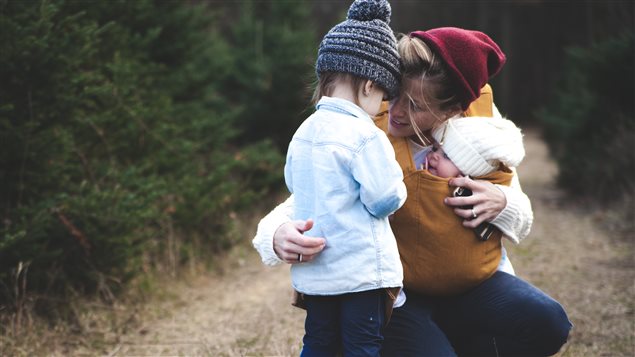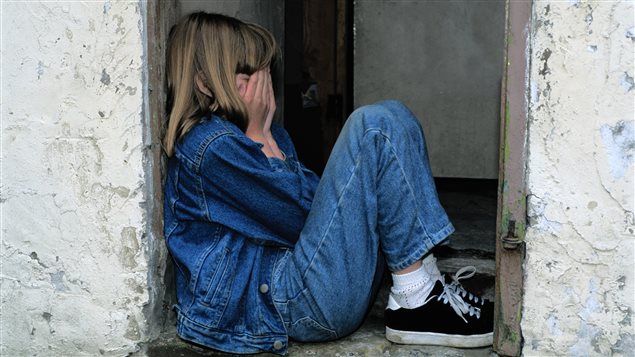Parents often want to shield their children from death and dying but studies show it is best to be open and honest to help them cope. A new website offers advice on how to start the conversation, what words to use and not use, and it takes parents and caregivers through different step in the process.
Clear language helps
“We talk a lot about the language ‘death’ and ‘dying,’” says Andrea Warnick, a psychotherapist who helped develop the website. “Don’t just say, ‘we lost grandpa yesterday.’ Kids lose things all the time and find them again, and it’s confusing for them.”
Parents may be confused by children’s reaction to news of a death. “Children’s grief, unfortunately, often gets missed because it can look so different than adult grief,” says Warnick. “Children can be playing and having a great time and be profoundly grieving.”
Listen
Death and dying has changed in Canada
She says children can experience grieving in “chunks.” She gives the example of a child who may learn of a parent’s sudden death, be devastated for 12 minutes and then run off and play. “That’ll really throw a lot of adults for a loop. But that’s what it looks like. They (children) do a profoundly amazing job of balancing this joy and sorrow at the same time in a way that very few adults can.”
Warnick says that death and dying in Canada has changed in the last hundred years making it more difficult for children to cope. In the past, people would often die at home and children would witness the process. Now, the very ill are often away in hospital or hospice and, after death, a funeral home takes over. Adults are often at a loss as to how to explain the situation to children.
Let children be the guide, advises psychotherapist
Warnick has examined studies from around the world and says she was surprised to find the results were fairly consistent. “The same messages come back about what kids benefit from and that is open and honest information and being given choices in how involved they actually want to be.” She says it is good to take cues from children themselves.
The website guides parents and others on helping children deal with death and dying happening close to them, but also coping with disturbing events they may hear about like deadly terrorist attacks or suicide.







For reasons beyond our control, and for an undetermined period of time, our comment section is now closed. However, our social networks remain open to your contributions.